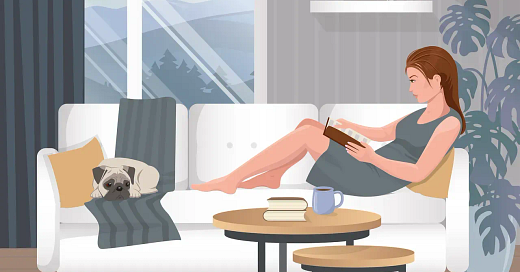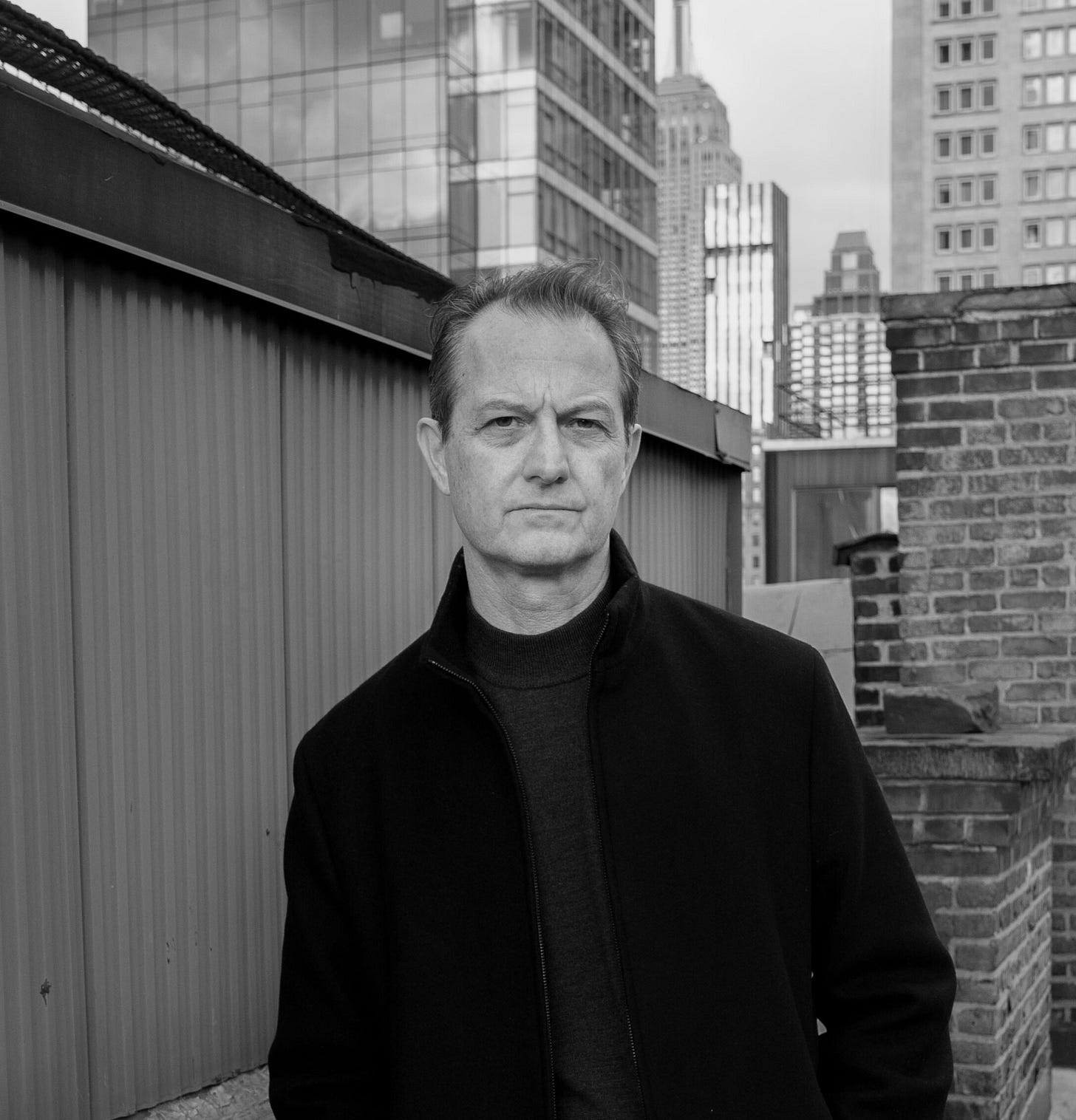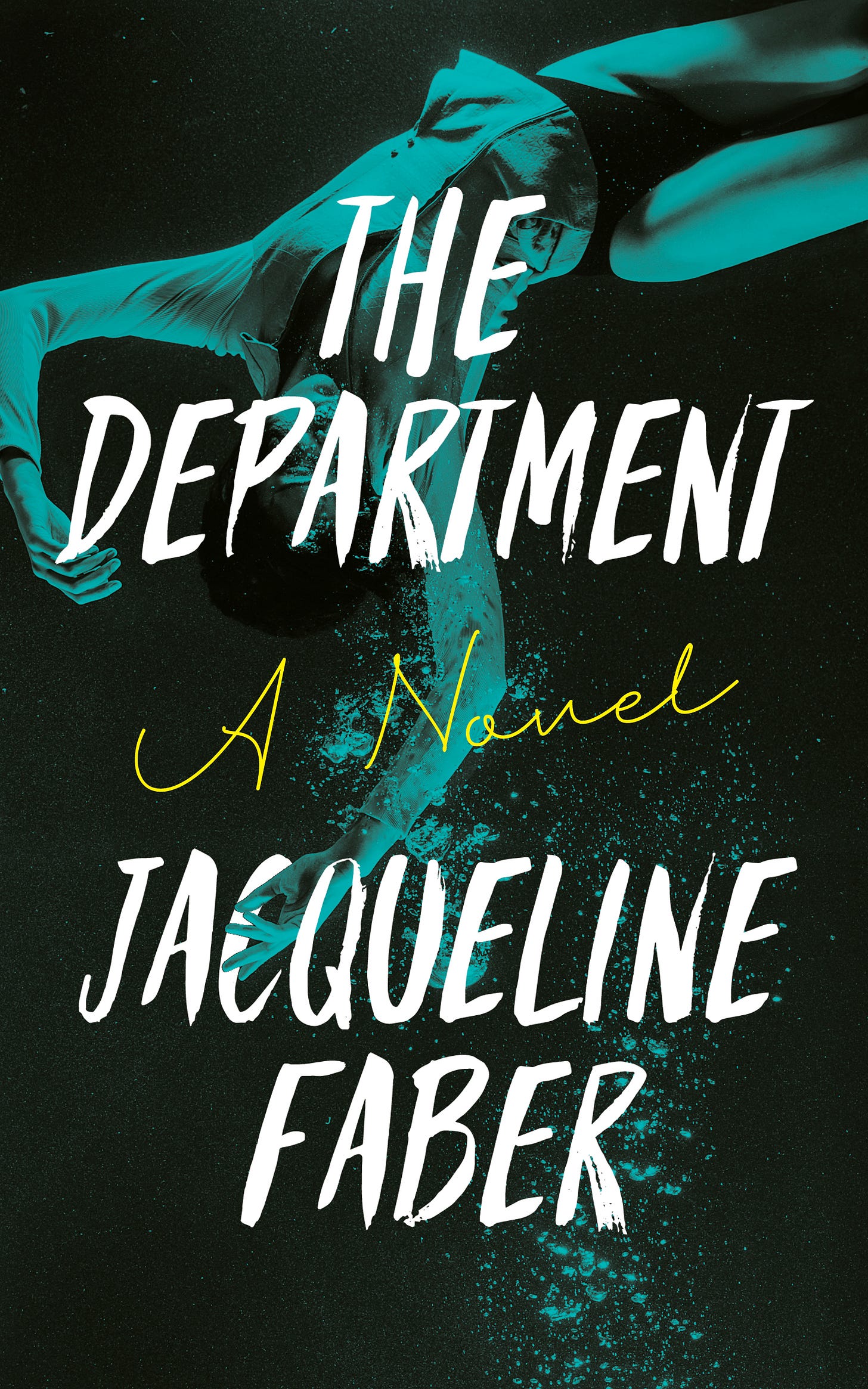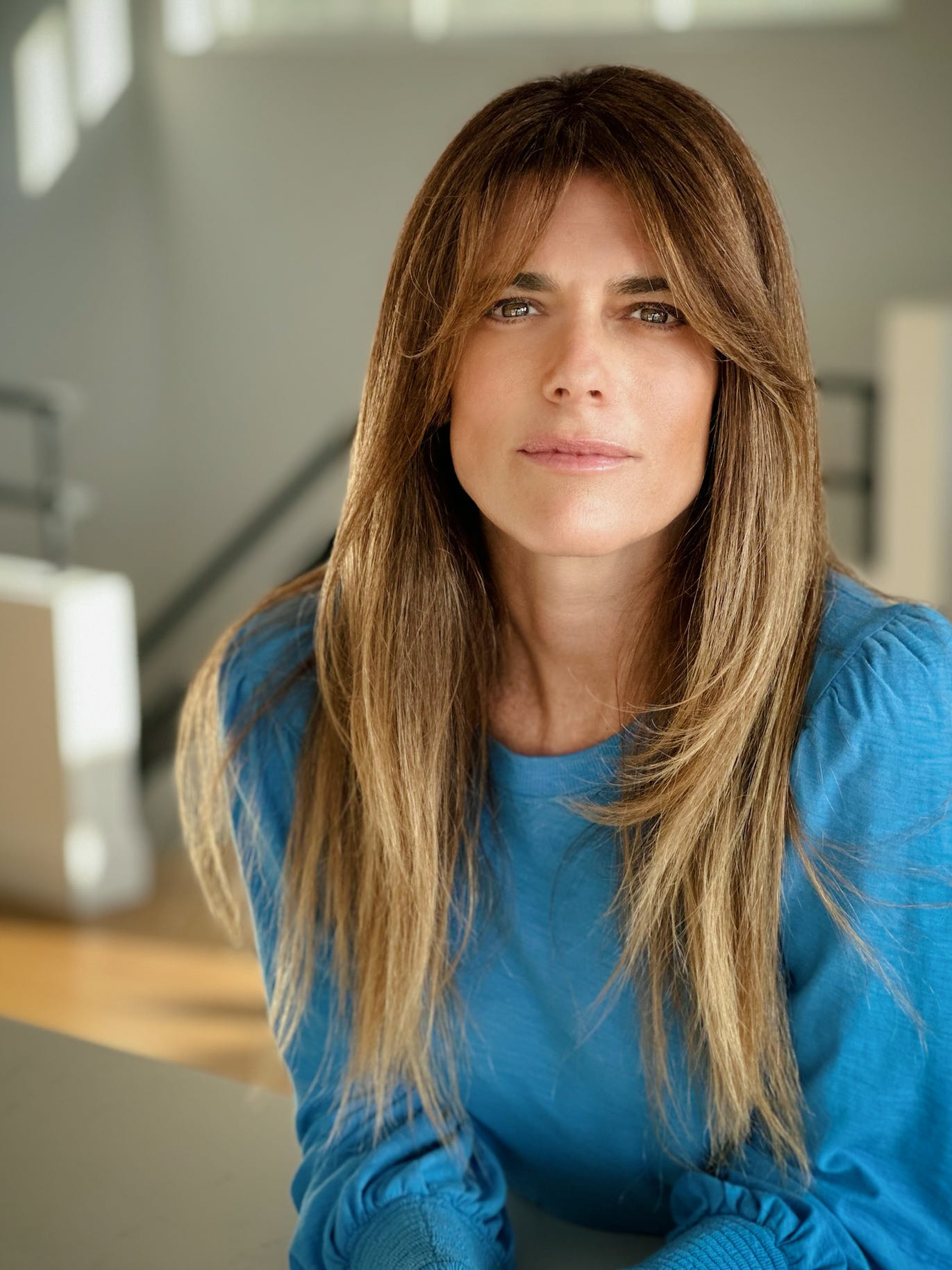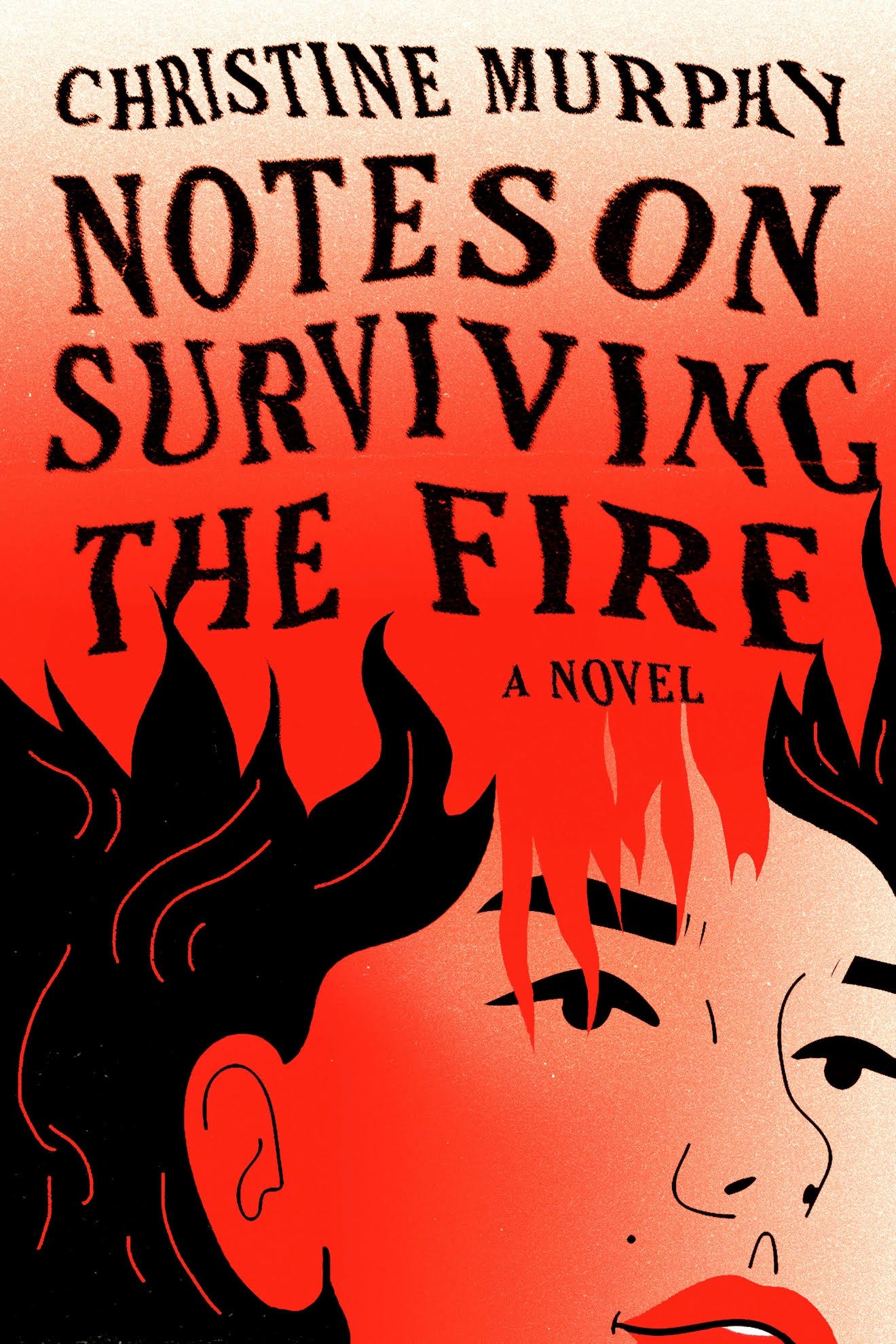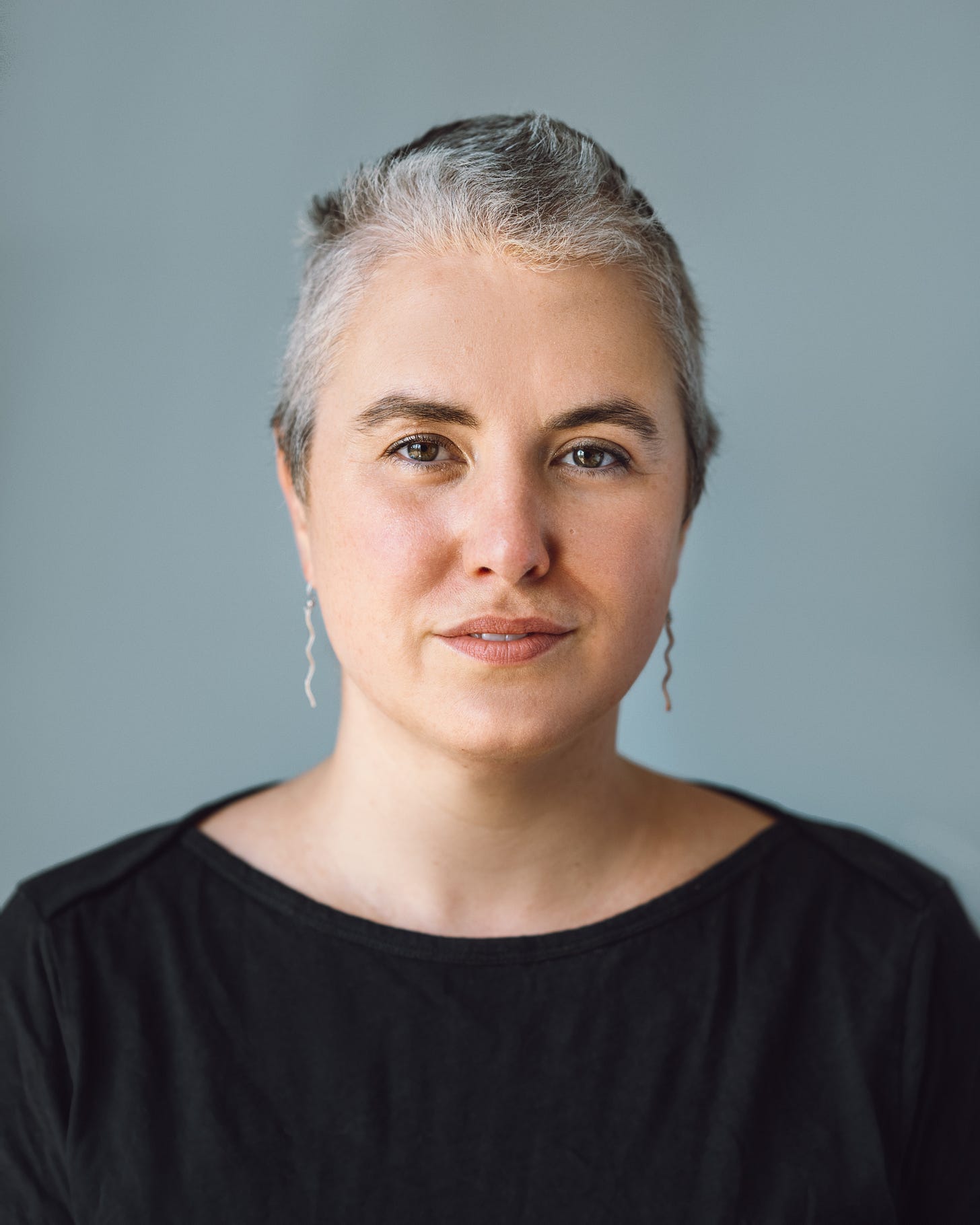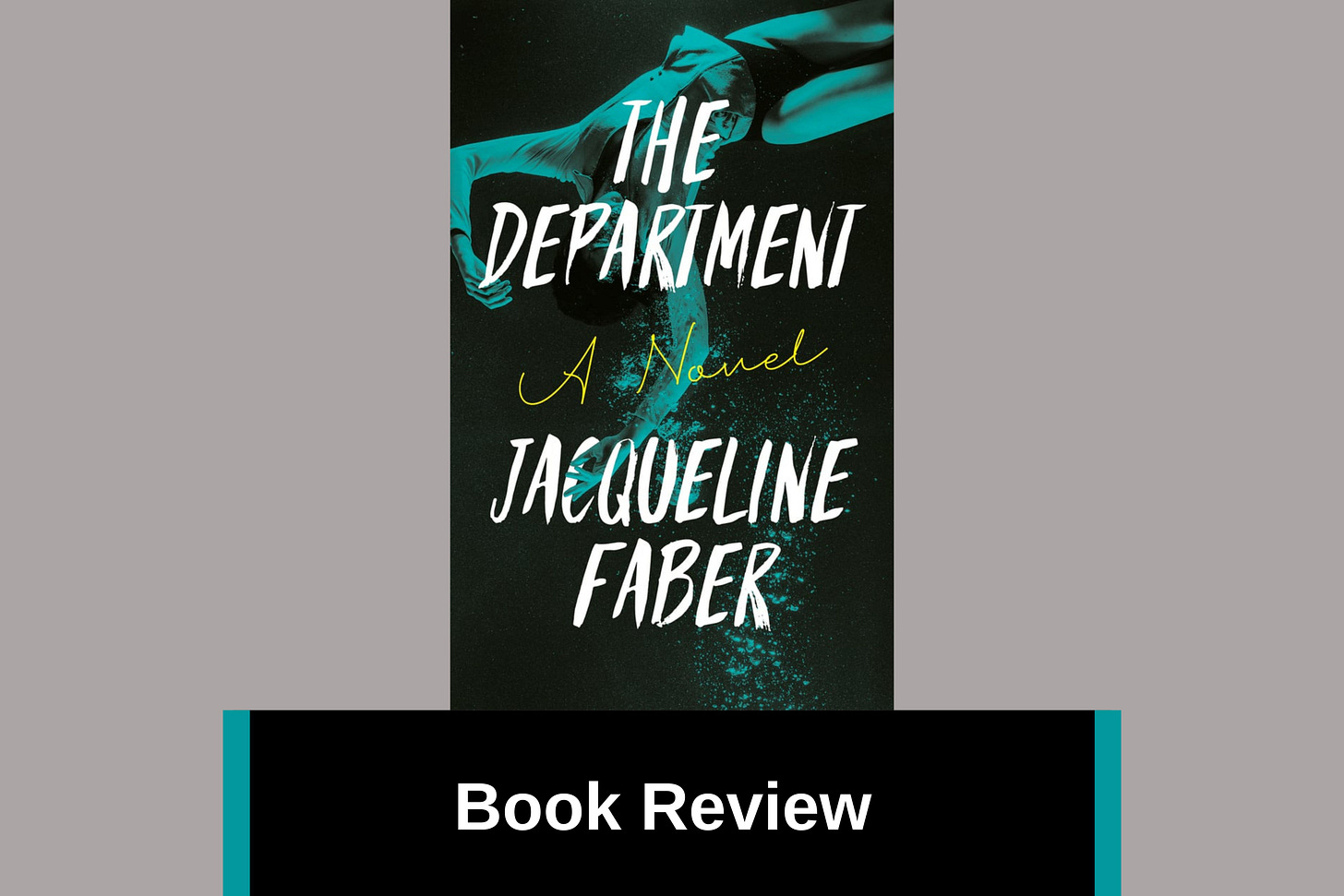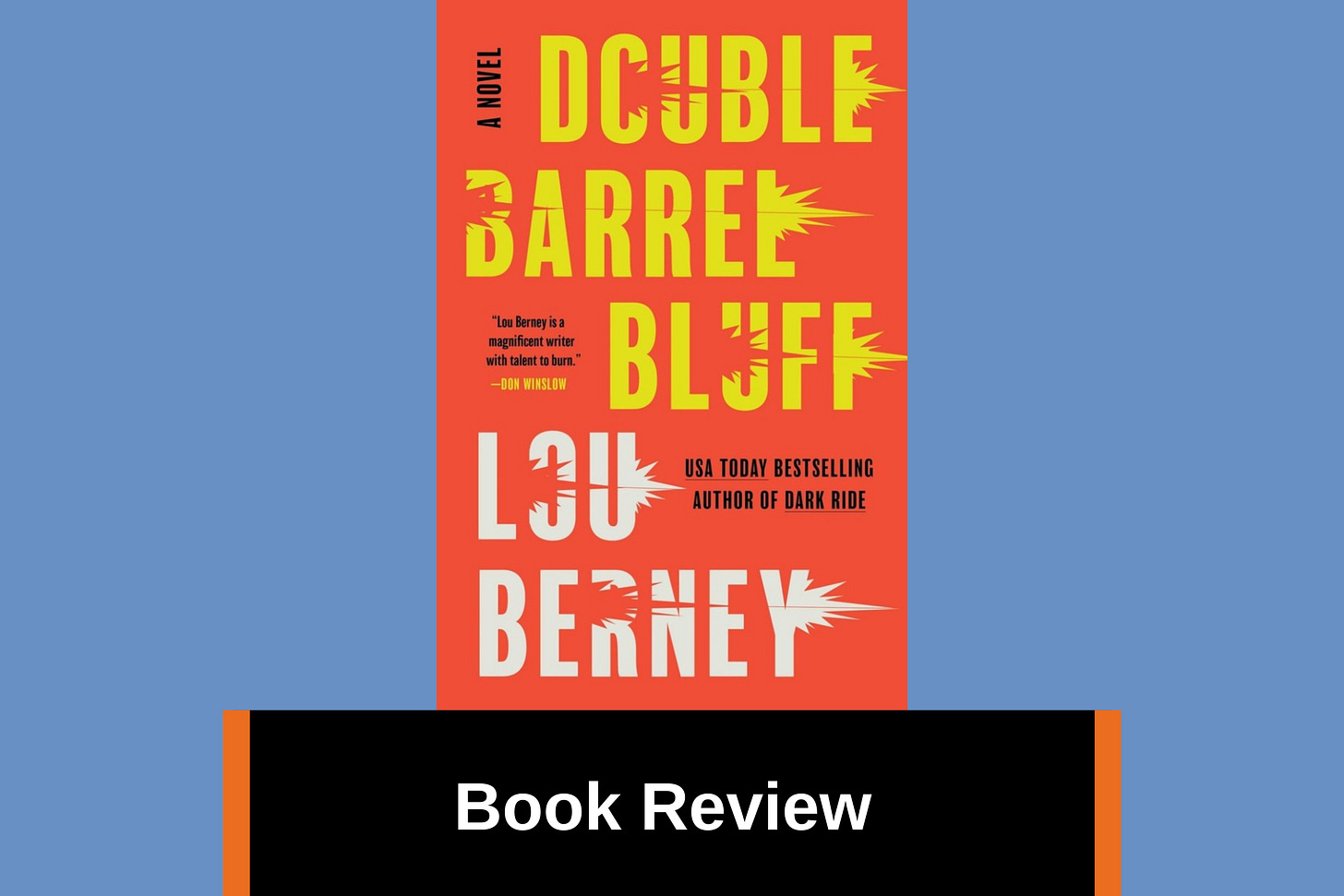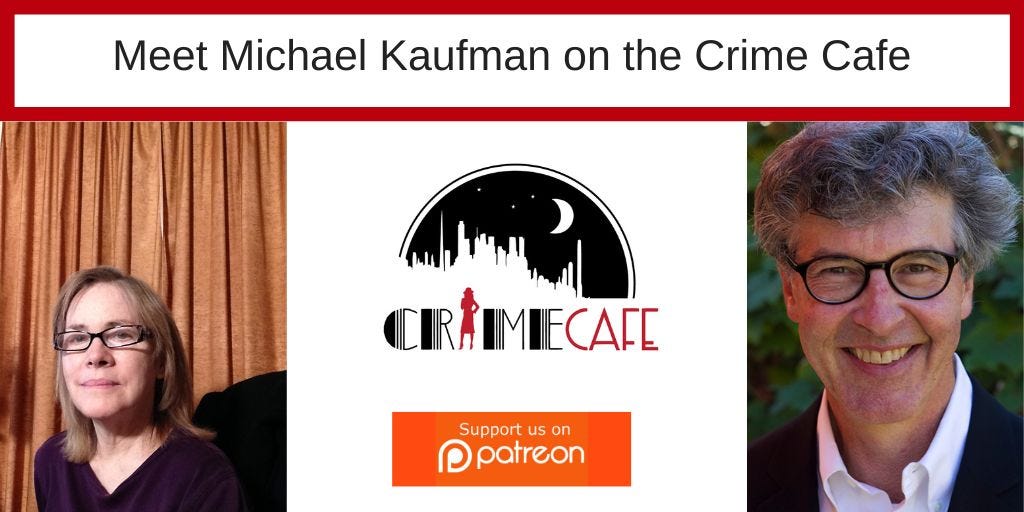This month’s featured new releases include the following:
Left on Rancho by Francesco Paula.
Friday, October 18, 2019
“I need your help, Andy.”
“Charlie? What’s it been. . . ten years? Since that bender in Boston?”
“Something like that.”
“I missed that entire conference because of you.” The lost weekend had gone on for three days: wine “tasting” from the Côte d’Or, food from Chinatown holes-in-the-wall, and nightcaps in the old Combat Zone.
“Listen—”
“How’d that restaurant work out?”
“That lasted six months. I’m doing something new,” Charlie said.
“What, you opening an Italian joint and need my help?” Andrew laughed, not at his wit, but because he was genuinely happy his friend had called him.
“Funny guy. The restaurant business is for shit. I’m in cannabis now. You heard of gummies?”
“Candy?”
“Edibles make cannabis accessible to everyone, from Gen Z to octogenarians. No stigma of being a pothead, no need to inhale. Massive potential!” He sounded amped up, but that was Charlie.
“How’s a tech entrepreneur going to help with a weed company?” He was intrigued but played it cool. He’d heard from his venture buddies that cannabis was a hot investment—a game changer, the next wealth creator. And importantly for Andrew, it wasn’t tech.
“Cannabis.”
“Right, cannabis. Because it’s legal now.”
Charlie laughed a strange, nervous laugh. “Come to SoCal. Check out the factory, see what you think.”
“You’re in SoCal?” Andrew walked to the window and stared down the hill. Alcatraz was faintly visible through the thickening fog. “If I’d known I would have come down to see you.”
“Well, now’s your chance. We’re in a rut. We need adult supervision.” His friend was pitching him hard. He sounded like an impetuous tech bro—a myopic twenty-something who couldn’t discern a business plan from a restaurant menu. But this was Charlie—his best friend from high school, the star athlete. The one who always got the girl.
“I’m a software guy. I know nothing about manufacturing.”
“It’s not rocket science, Andy.”
Other than his dad, Charlie was the only person who called him Andy. “This is quite a change from white tablecloths and fine dining.”
“We’ll have some fun together. Like old times.”
Charlie was also the friend Andrew could never say no to.
Three days later, Andrew crossed the Cajon Pass. He shifted into fourth and watched the parched San Bernardino mountains fade in the rearview mirror. The Mojave Desert lay before him, a barren, rock-strewn landscape dotted with nothing but forlorn Joshua trees and stunted creosote bushes.
He’d packed all his belongings, minus what he had put in storage, into his midnight-blue 993. Golf clubs, with the driver and three wood out of the bag, lay across the back seat because being a proper Porsche, there was no trunk. A Tumi roller and a backpack were on the passenger’s seat, his hand pushing them out of the way every time he shifted into sixth gear.
He passed signs for Hesperia and Victorville, and at the next exit, merged onto the 395. Occasional signs of life dotted an infinite dust bowl: strip malls with the essentials of the desert economy; the Mojave Desert Truckstop providing gas, food, showers and more; a minor league stadium with the bleachers in disrepair. He drove by the towering welcome sign that loomed over a solitary Joshua tree: ADELANTO: THE CITY WITH UNLIMITED POSSIBILITIES.
At the next intersection, he took a left on Rancho Road.
What Andrew construed from his research was that Adelanto, located in the Inland Empire, was an isolated California backwater, an afterthought built by a desperate populace trying to sustain itself on the edges of an infertile desert. The extreme summer heat had worsened as the years passed, volatile easterly winds whipped up debris in the fall months, and frigid winter temperatures limited outdoor activities.
Adelanto had two primary economic contributors: incarceration, anchored in a US Immigration and Customs Enforcement (ICE) detention center managed by the Federal Detention Network Group (FDN), three state and federal prisons, and a local jail; and cannabis, with multiple grow, manufacture, and distribution facilities spread across the desert. This was not the Southern California one read about or saw on TV or in the movies. This was not the California Dream.
He continued on Rancho, slaloming around potholes and slowing as he eased over crevices in the asphalt, protecting the low-riding car. A solitary bus stop kiosk stood at an otherwise deserted intersection, the empty, flat, oiled road extending north and south into infinity. He drove by incongruous signs advertising warehouse facilities and immigration services. Some were nailed to telegraph poles, others sprouted out of the desert floor, like native flora.
He passed a sprawling, single-story structure with spartan wings that radiated like octopus tentacles. The entire complex was protected by two concentric chain-link fences topped with razor wire. A couple of uniformed men stood at attention by its entrance, where a placard impaled in the desert read: DESERT SANDS, A CORRECTIONAL FACILITY, aka an immigration detention center. Besides cannabis, FDN was the only other reason to take a left on Rancho.
He swerved to avoid another crater and coasted up to the factory. Isolated, it rose alone out of the desert, a twenty-foot-tall structure enclosed in Mondrianesque siding painted an assortment of grays. A chain-link fence topped with both barbed and razor wire enclosed the property: Kannawerks, his new employer.
Andrew drove through the open gate and pulled in past two Ford Explorers marked San Bernardino County Sheriff taking up both visitor parking spaces. He hesitated. What did he know? Maybe this was the norm? He parked next to a solitary black Prius and sat for a few moments listening to the engine idle.
When Charlie had called him, Andrew had been about to hop on a plane back to Thailand, which he would have considered home if “home” were his thing. He’d hit bottom after he was forced to shut down his last company. Silicon Valley had given him sustenance for the last twenty years, but he couldn’t deal with it anymore. Or “it” couldn’t deal with him.
“And bring your clubs,” Charlie had added. “You can stay at the corporate rental; it’s on a golf course. It’s not the Royal Hua Hin, but it’s got its own desert charm.”
Charm.
Andrew considered the blighted wilderness of the Mojave and thought of another desert, the Sonoran, where his father had recently retired. Tucson, in the Catalina foothills, teemed with hundred-year-old saguaros mingling with forests of jumping chollas and ocotillos that bloomed overnight after the first monsoon rain. Mesquites reached for the sun along dry riverbeds, innumerable cactus species stood stalwart—barrel, organ pipe, buckhorn. That’s fucking charm. But here? Not one saguaro—just Martian dust.
Andrew lifted his backpack over the gear shift and stepped out of the car. A pungent, skunk-like musk hung in the air with intermittent wind gusts intensifying the scent. He walked over to the main entrance, which had two large green letters—KW—floating above it, and pressed the buzzer.
A short, bald man opened the door. He wore a light-blue gown, and his half smile revealed a missing eyetooth. He glanced behind Andrew, his eyes widening at the sight of the Porsche.
“¿De qué año es?”
“Ninety-six,” Andrew said.
The man’s smile broadened. He introduced himself as Álvaro and motioned for Andrew to come in.
“Tenemos un problema,” he said, his smile fading.
“I see that.”
“Espera aquí.”
Álvaro rapped his knuckles on another door. A man stepped out into the brightly lit foyer, quickly closing the door behind him. He had a slight limp.
“Everything is fine,” the man said, as if attempting to forestall questions. “A couple of officers from Victor Valley Station just got here. They need to check up on a few things . . . it has nothing to do with us.” His accent was cleaner, more polished than Álvaro’s. So was his handshake. “I am Miguel. Call me Mike.”
Mike was thin, one of those men who would never carry an extra pound of flesh, with a full head of black hair neatly parted to the left, gray-streaked temples, and a trimmed moustache. Andrew pegged him to be in his early forties, a couple of years younger than himself.
“I guess you should come in.” Mike gave Andrew a once over. “They’ll be more comfortable talking to you.”
“Do you want to tell me what’s going on?”
“Welcome to the High Desert,” Mike said. He opened the door and introduced Andrew as the new boss to the waiting officers.
*****
Copyright © 2025 Francesco Paola
The book is available for sale in paperback and ebook.
*****
Francesco Paola was born in Turin, Italy, and was raised in Italy, Thailand, and Australia before moving to the US, where he earned an engineering degree from MIT and an MBA from the Haas School of Business at UC Berkeley. He is an accomplished technology entrepreneur, and from 2019 to 2021 worked at a legal cannabis startup in California while on a sabbatical from tech. He has written technical blogs, white papers, and articles for over twenty-five years as an executive in the tech-startup ecosystem. He and his wife, the novelist Jackie Townsend, have called New York City home since 1999.
The Department by Jacqueline Faber.
In the fridge was a package of ground beef about to expire. Once upon a time, I would’ve scoured the internet for recipes. Spicy larb, stuffed peppers, empanadas. Phaedra and I, bent over the stove, an open bottle of pinot noir on the counter. What was the point now? I tossed the beef in a pan, watched it gray, then brown.
After Phae and I had received our job offers, we’d come down for a weekend. I remember walking the campus and feeling how different it was from grad school in New England, where you were always aware of your smallness in the great pantheon of ideas. Here, the buildings were a mash-up. Pink marble against polished steel, Beaux-arts next to cool modern. The very architecture seemed to insist that everything could be remade. And by extension, you could be relevant to the history of thought.
I remember feeling like the whole thing was a coup Phaedra and I had somehow pulled off. We rented a car and drove around, bypassing all those southern suburban enclaves for a loft in the industrial part of town. No neighbors to complain when Phaedra cranked the music. When she stepped out of the shower naked, towel twisted up on her head, singing at the top of her lungs. Sleater-Kinney, Siouxsie and the Banshees, The Slits, and Ari Up.
I know that it hurts, but my love died, quickly, she sang into the open space of our bedroom.
Now Phaedra had a new life, and I had a shitty apartment. I tried to picture her leaping onto the bed naked, dripping wet on the duvet, all-girl punk bands blaring, Tim standing dumbstruck in his wire-rimmed glasses and tailored slacks.
I ate the ground beef. It tasted like despair.
When I finished, I left the dish in the sink. Add it to the pile. Tonight, I needed to write. Because of tenure. Because I’d lied to Paul. Because, if I could produce just one solid piece of writing, maybe I could find my way back.
But as I pulled a book from my bag, the flyer for the missing girl went sailing to the floor. I picked it up. For a split second, I felt a pinprick of recognition. Like I’d seen her before. Some fragment of a memory, too hazy to recall.
I stared at her. Lucia Vanotti. She was pretty.
She looked nothing like Phaedra, who had short, blonde hair, heavy eyelids, and a more severe jawline. And yet, looking down at Lucia’s picture, I suddenly had a memory of Phaedra, standing in the doorway of our loft as I moved the last of my boxes out.
“I love you, Neil,” she’d said. “But I can’t be with someone who isn’t an agent in his own life.”
“What does that even mean?” I’d asked at the time.
“It means you’re not someone who does things. You’re the person to whom things are done.”
I don’t remember what I said in response, and it doesn’t much matter. What matters is how those words have floated up to the surface of my consciousness time and again. I think of that beach in California. This is what Phaedra was saying: You are not a man who saves. You are a man who stands on the shore. You will always stand on the shore, watching the woman drown.
I stared at the picture of Lucia Vanotti, that strange feeling of recognition tugging at the corners of my mind. Instead of balling it up and throwing it out, I smoothed the flyer against my wall and taped it in place.
*****
Used with the author’s permission. Copyright © 2025 Jacqueline Faber.
The book is available for sale now.
*****
Jacqueline Faber is an author and freelance writer in Los Angeles. Her debut novel, The Department, is a dark academic thriller about a reckless college girl who goes missing, a jaded philosophy professor who goes looking for her, and the terrifying secrets that emerge along the way.
Notes on Surviving the Fire by Christine Murphy.
It’s not a club anyone wants to be a member of, but it is a club plenty of people join. Group therapy is free, but you have to qualify—at least six months work with an individual therapist on campus. Student Health Services provide eight free one-on-one sessions after which enrolled students pay $75 per one hour meeting. Student Health Services have nine full-time therapists, six of whom focus specifically on sexual assault. Scheduling an appointment requires a wait time of several months, qualification through the university insurance policy, referrals from the university primary care physicians, and questionnaires—in person, over email, before and after appointments. I qualified in September, three years after the rape, after the one on ones with a nice lady in a small office in Student Health Services. I sat next to her dying plant, its withered leaves draped across my shoulders. She cleared her throat every time I mentioned my aptitude for anonymous sex. She recommended group therapy after I met my quota of individual sessions. Or maybe she was uncomfortable with my word choice and wanted to get rid of me. Perhaps you should refer to them as your colleagues, she suggested one sunny afternoon, instead of that other c word.
The University of California, Santa Teresa handles suicide with emails and sexual violence with paperwork. By the time we qualify for group therapy, it’s been years since our attacks. Maybe months if parents threatened to sue. By the time we qualify for group therapy, we’ve been through police procedurals, the Academic Discipline Committee, the laughing and the eye rolling and the vigorous nods. You’re ok, right? Dumb slut. He’s such a great guy. By the time we qualify for group therapy, we are picking the meat off the bones.
But we’re here now. At the front of the line.
There’s a new girl today. A sophomore. She introduces herself and cries. Another, one of the freshmen who got in early, stares blankly ahead. She’s been on campus less than two months.
“Title IX found him guilty.” Sophomore shakes her head. “Responsible. That’s the word they use. They found him responsible.”
“That’s great,” Therapist 1 says.
“He has to leave campus for a semester. So I don’t have to see him.”
We nod. Crumbs from the banquet table.
“He won’t be back until spring, but has two weeks to collect his stuff. So, I still have to see him for a while.” She shrugs, fingers twisting the hem of her shirt. “I quit my job so I can load up on classes. It means more loans, but if I can skip senior year then I’ll only have to be around him next quarter and next year.”
We nod.
“They’re preparing take home exams for him. He’ll finish fall quarter remotely. He gets full credit and everything.”
We nod.
“Someone told me that the punishment isn’t counted on his transcripts, so it just looks like a leave of absence. I took a leave of absence too. I guess our transcripts look the same.”
We nod.
“But Title IX says he’s guilty, well, responsible. I guess that’s something.” She looks up. She is small and freckled and reminds me a girl I knew in eighth grade.
This is a success story.
*****
Excerpted From NOTES ON SURVIVING THE FIRE by Christine Murphy, published by Knopf, an imprint of the Penguin Publishing Group, a division of Penguin Random House, LLC. Copyright © 2025 by Bear One Holdings, LLC.
This book is scheduled for release on Feb. 25, 2025, and is available for pre-order.
*****
Christine Murphy has lived, worked, and traveled in more than a hundred countries, including living for eleven months in a tent across the African continent and a year as a resident in a Buddhist nunnery in the Himalayas. A trained Buddhologist, Murphy has a Ph.D. in religious studies. This is her first novel.
More new releases
Currently reading.
Dead in the Frame by Stephen Spotswood.
A Girl Like Us by Anna Sophia McLoughlin.
The Poorly Made and Other Things by Sam Rebelein.
Close Your Eyes and Count to 10 by Lisa Unger.
Famous Last Words by Gillian McAllister.
The Lost Passenger by Frances Quinn.
Trust Issues by Elizabeth McCullough Keenan and Greg Wands.
Also:
A Scandalous Affair by Leonard Goldberg.
Moguls by Michael Benson and Craig Singer.
My YouTube Reviews, Podcast Episodes, and More
My Book Review of ‘The Department’
My Book Review of ‘Double Barrel Bluff’
My Book Review of ‘The Get Off’
Interview with Matt Cost – S. 10, Ep. 16
Interview with Melissa Yi – S. 10, Ep. 17
Interview with Gregg Hurwitz – S. 10, Ep. 18
Interview with Michael Kaufman – S. 10, Ep. 19
Dark & Twisted Alleys Podcast: Episode 12: ‘L.A. Confidential’ (1997)
Short stories
“Lucky Number” by Jessica Slee.
“Galentine’s Day” by Jessica Slee.
“Eavesdropper” by Vinnie Hansen.
“Baby’s Got a Gun” by Paul D. Brazill.
“Just Like Old Times” by Shari Held.
“Tragedy in Tahoe” by Rachele Baker.
Essay
Thank You, Encyclopedia Brown!
Habeus Corpus
A Sam McRae novelette, serialized. This is a temporary cover at best.
If you’d like to kearn the differences between novelettes vs. novelas vs. novels, just click here.
Episode Fifteen
Once upon a time, I tangled with a man who had drugged and raped me, then tried to kill me. I shot him before he could do that. That man had pretended to be a cooperative witness in a case in which one of my few remaining friends was murdered, and he had done the killing.
I learned a lot from that horrible experience.
Among other things, I learned that I could survive nearly anything. Plus, anyone who says that killing someone is easy is full of shit.
Keep reading with a 7-day free trial
Subscribe to The Crime Cafe Newsletter to keep reading this post and get 7 days of free access to the full post archives.

